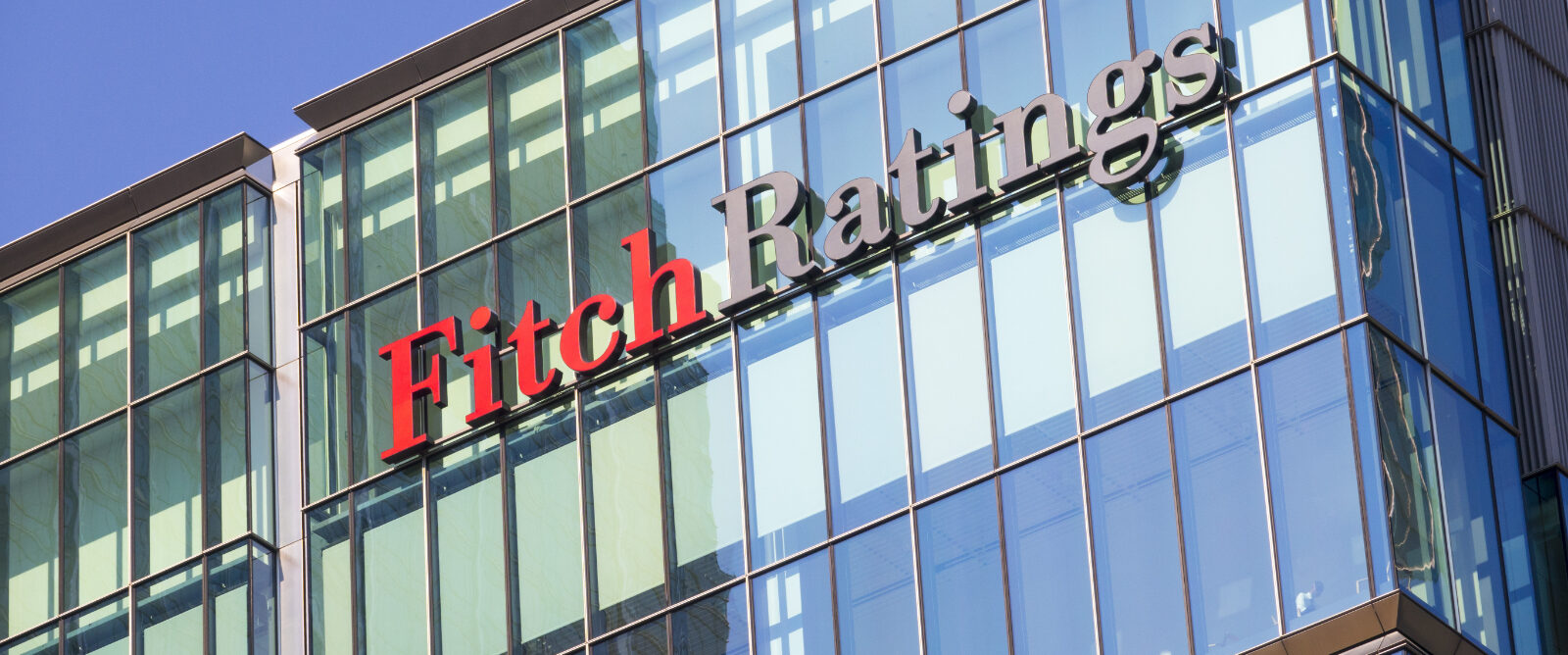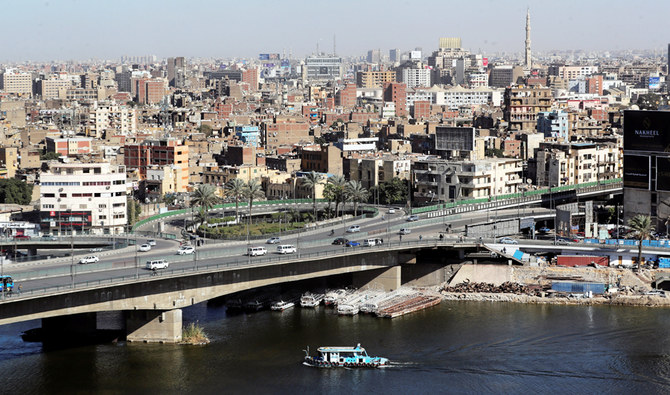US-based Fitch Ratings upgraded Egypt’s Long-Term Foreign Currency Issuer Default Rating (IDR) outlook to Positive from Stable, citing reduced external financing risks, while keeping the Issuer Default Rating at B-.
Key drivers
The agency attributed its action to the country’s reduced external vulnerability due to the Ras El-Hekma deal with the UAE, flexible exchange rate, and tighter monetary policy, which have significantly lowered near-term external financing risks.
According to Fitch’s note on the country’s credit rating, “These measures also unlocked additional financing from international financial institutions (IFIs) and a return of non-resident investment in Egyptian debt.”
In February, Egypt signed a $35 billion deal with the UAE’s ADQ to develop the coastal zone of Ras El-Hekma. The Cabinet announced in May that it has received the second tranche of the deal worth $15 billion, bringing the total tranche received to $30 billion. The project is scheduled to commence next year.
Moreover, Egypt has raised the key interest rates by a total of 8% in 2024 as its tightening of monetary policy continues to contain inflation, and almost freely floated the local currency, contributing to unifying the exchange rate between the official market and the parallel currency market. At present, the US dollar rate in the local market is EGP 46.6/1 USD.
The agency also highlighted that the Ras El-Hekma deal brings $24 billion in fresh foreign currency inflows this fiscal year, bolstering foreign exchange reserves and reducing debt issuance needs. The deal also includes $11 billion in UAE deposits at the CBE that will be dedicated to the project’s investments.
Moreover, Fitch pointed out the increased foreign capital, as the International Monetary Fund (IMF) expanded its Extended Fund Facility (EFF) loan for the country by $5 billion, the European Union (EU) has provided an $8 billion support package, and non-resident holdings of domestic debt rose significantly.
Meanwhile, Fitch forecasts gross FX reserves to reach $49.7 billion by year-end, despite a wider current account deficit, and recovering remittances are expected to contribute to a narrowing deficit in the coming FY2024/2025.
Impact on banks
Fitch Ratings also revised the outlook on Long-Term Issuer Default Ratings for four major Egyptian banks, the state-owned National Bank of Egypt (NBE), Banque Misr (BM), Banque du Caire (BDC), and Egypt’s largest private bank the Commercial International Bank (CIB) to positive from stable, reflecting the improved sovereign credit profile.
According to Fitch, banks’ creditworthiness is highly correlated with the sovereign’s due to significant exposure to government debt and lending to public sector companies.
The recent improvements in foreign currency liquidity and macroeconomic stability are expected to benefit banks’ business and financial profiles, Fitch explained.
In this respect, the agency said that these bank’scCredit performance should improve with easing inflation and better foreign currency availability.
Yet, Fitch noted that the weaker Egyptian pound may pressure capital ratios in the short term, but they are expected to recover with strong profitability.







